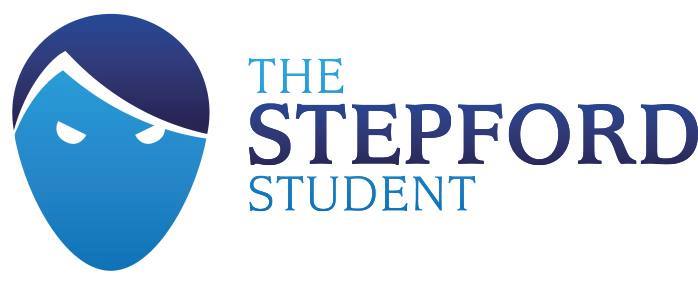When you think about entrepreneurs, who do you picture? Suited and booted slick Apprentice candidates? Slouchy tech start-up developers? In the UK, the people that most want to set up their own business are Black Africans and Black Caribbeans, at 35% of both populations, according to research carried out by the Department for Communities and Local Government. In contrast, 10% of their white counterparts are thinking about doing the same. But despite seemingly high numbers of black British people wanting to become self-employed, only 6% actually manage it. There are two questions here: how come so many black people want to become entrepreneurs, and what’s stopping them from realising their dreams?
We live in a country where people from minority ethnic backgrounds tend to be more highly educated than their white peers. Yet they are more likely to be in work they are overqualified for. Having an ‘unfamiliar-sounding’ name on your CV puts you at a disadvantage in the UK job market, and when black and Asian women are asked (illegally) during job interviews whether or not they intend to have children, it’s often due to racial stereotypes as well as sexism. The urge among women of colour to get out of the system and work for themselves is therefore unsurprising.
If you do manage to set up your own business, as a black business owner you will face difficulties and expectations not shared by other entrepreneurs. Take, for instance, the idea of selling out. When Lisa Price sold her hair brand Carol’s Daughter to L’Oreal last year, the disappointment was palpable in the natural hair blogosphere. Having started from the bottom back in the early 90s, Price has built a brand synonymous with natural haircare, catering for the increasing numbers of black women who have opted to ditch relaxers and wear their hair in its chemically unprocessed ‘natural’ state. So for it to be sold to a conglomerate keen to jump on the natural bandwagon felt like a betrayal.
In the context of cultural appropriation, this reaction makes sense. The recent trend of pop-up braiding bars in high-end department stores is one aspect of the industry that capitalises on existing black culture. Charging far higher prices than your average black-owned high street salon for cornrows, the Braid Bar, which has found a home in Selfridges, has capitalised on ‘bold braids’ and slicked-down baby hairs, styles that have been popular amongst black teens for decades. If society will gleefully monetise aspects of minority, particularly ‘black/urban’ culture, and propel it to the mainstream, but is unwilling to let the communities behind these trends profit from the trend, the desire to keep as many businesses in black hands feels justified.
New companies like Selfridges ‘braid bar’ are capitalising on black culture while similar black businesses face different challenges getting off the ground
While I’m sympathetic to those who bemoan selling out, I do worry we hold successful black people across all sectors to a higher, unreasonable standard than others. It’s not fair if they aren’t allowed to accept lucrative opportunities, change their mind or even fail for fear it lets down the community as a whole. When Bobbi Brown sold her cosmetics line to Estee Lauder, I doubt she received as much criticism as Price. This criticism is fuelled by the knowledge that the reputation and image of the few non-white faces in high profile positions will be likely be projected onto the rest of us. But we have got to move away from these exceptional standards: they prevent people from minority ethnic backgrounds having the confidence to test out their ideas or initiatives within business and the creative arts.
Getting investment is also more acutely felt amongst ethnic minorities. Back in 2010, David Cameron noted that black African-owned firms were four times more likely to be denied a loan from than bank than white-owned companies. There’s a proportionally low number of BME recipients of Arts Council grants. Cecile Emeke, the young Jamaican-British filmmaker, is one of the creatives who has felt the effects of this imbalance. At her Decolonising Film-making event, I asked her whether she’d found mentors within the British film industry during her absurdly successful first year making films. She noted that most of those in the industry who had reached out to her were from across the pond. More generally, her work’s popularity hasn’t translated into huge amounts of industry interest, and Emeke has struggled to secure backing from established film funding bodies. If, like Emeke, you’re making films about ‘non-traditional’ subjects such as the Black British female experience, just how large does your profile have to be to begin to receive support from traditional backers?
When it feels as though, as a result of your ethnicity, you have to make a bigger effort just to get going, something needs to change. While the primary focus should be on getting investors and recruiters to improve when it comes to spotting and nurturing talent from all backgrounds, we also shouldn’t stifle minority innovators and creatives with the group’s expectations. The barriers to success continue to be greater in the arts and business if you’re not white. As it stands, there’s still a long way to go.
Salome is in the process of crowdfunding support for her latest project, a feature-length documentary about black female entrepreneurs in the natural hair industry entitled ‘Kinks, Curls and Cash’. They need to raise £800 by the 21st of April. Learn more about the project and pledge to back her here.
